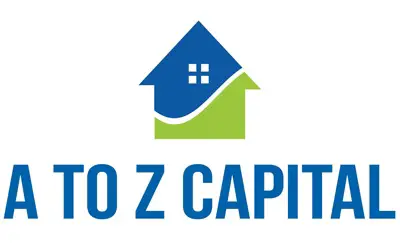Exploring the Pros and Cons of Our Favorite Loans
Are you looking for real estate opportunities but are tight on cash? Well, don’t worry because real estate comes with hundreds of helpful loan options that you can benefit from according to your cash requirements.
But, to borrow a loan, you must know about their pros and cons so that you can make the right decision for your real estate. However, it is practically impossible to cover all types of real estate loans, so we are going to talk about only three, which are the top choice of every borrower.
Hard Money Loans
Hard money loans are basically short-term loans for buying real estate. They are lent by private investors and are called ‘hard’ because they don’t have special lending conditions. Let’s discuss their pros and cons.
Pros
- Quick Approval: Unlike traditional bank loans, hard money loans are approved faster, making them ideal for time-sensitive opportunities.
- Flexible: Hard money lenders often have more flexible lending criteria compared to banks, which can be advantageous for borrowers with poor credit scores.
- Asset-Based: Approval for a hard money loan is primarily based on the property value at the time of purchasing rather than the borrower’s credit history or income. It can either be for a hard money refinance owner occupied or for selling.
Cons:
- Higher Interest Rates: Hard money loans usually come with high interest rates than bank loans, which can increase the cost of borrowing.
- Risk of Seize: If the borrower doesn’t repay the loan on time, the lender will seize the property, leading to investment loss.
Private Money Loans
Private loans in Florida are for individuals and businesses who would instead take loans from private institutes than banks or credit unions. These loans are ideal for personal needs, real estate investment, and business capital. Let’s talk about its pros and cons.
Pros:
- Customizable Terms: Private lenders may offer more customized loan terms and repayment schedules tailored to the individual’s needs.
- Less Strict Requirements: Private lenders often focus less on credit scores and more on the potential of the investment, providing opportunities for borrowers who may not qualify for other loans
- Personal Use: This loan can be used for any purpose the borrower wants if the repayment is determined.
Cons:
- Higher Interest Rates: Similar to hard money loans, private money loans tend to carry higher interest rates and repayment fees.
- Limited Availability: Finding a reliable private lender to fund your project can be challenging, particularly for new investors or unconventional ventures. You can always visit us to learn about your loan requirements in Florida.
Investment Property Loans in Florida
As its name suggests, the investment property loans in Florida is for purchasing or investing in a real estate property that produces income. It is basically a mortgage. The property bought from it can produce rental income or be sold for profit. Let’s talk about its pros and cons.
Pros:
- Low-Interest Rates: Compared to hard money and private money loans, investment property loans from traditional lenders like banks or credit unions often come with lower interest rates.
- Longer Terms: Investment property loans typically offer longer repayment terms, providing more stability and predictability for investors.
- Potential Tax Benefits: Interest payments on investment property loans may be tax-deductible, reducing borrowing cost.
Cons:
- Strict Requirements: Lenders may follow more stringent eligibility criteria, including higher credit scores and more extensive documentation, which can limit access for some borrowers.
- Slower Approval Process: Compared to other types of loans, securing an investment property loan from a traditional lender may take longer due to detailed approval processes.



